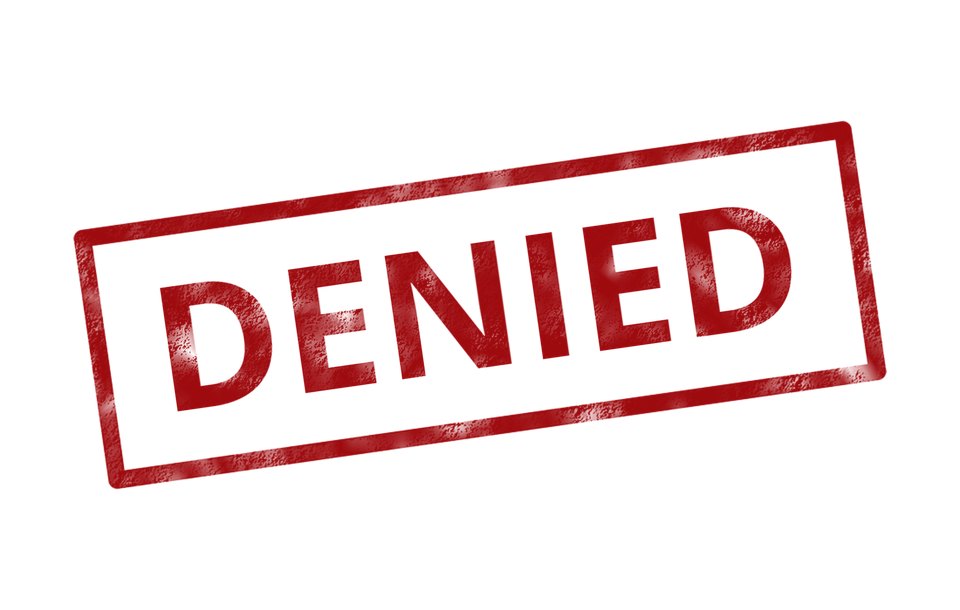
The answer to this question varies, and as many people find when they ask an attorney a question, they usually get the same initial response: “Well, it depends…” The VA has standards that it’s employees must follow when considering whether to grant direct service connection, presumptive service connection, service connection secondary to another service connected condition, or an increase in disability ratings.
The VA can deny a claim for a litany of reasons. We have outlined some of the most common reasons why the VA denies claims below.
Sometimes the VA will deny service connection because a Veteran will have had an incident in service, documented in their Service Treatment Record, but it is only documented once. When this occurs, the VA will usually deny service connection as the condition was not “chronic,” meaning that it occurred only once, it was not recurring, and was therefore not “disabling.”
Another reason the VA may deny that same condition is something referred to as a lack of “continuity of symptomology.” When denied for that reason, the VA is admitting that something did happen in service. However, if you do not provide evidence that it continued to bother you from your service until the present day, the VA will usually deny service connection because people with persistent disabilities would have it documented in their civilian medical records.
When a Veteran makes a claim for a condition and the evidence is not in their Service Treatment Record, the VA usually denies service connection. However, buddy statements from people that you served with, a spouse, family, or friends, that knew you when that event occurred during service (heard about and/or witnessed it contemporaneously when it occurred) can bolster your claim and may get your disability service connected.
If you believe that you have a service connected condition but it is not currently diagnosed, the VA will deny your claim as the Veteran is a “lay person,” meaning that you are not medically trained (not a trained doctor) and therefore you cannot adequately report on the medical etiology of a disability.
Where you have a condition that you believe should be service connected as it is a result of another service connected condition, like if you have PTSD which causes your sleep apnea, the VA tends to deny service connection for sleep apnea if you do not have a medical opinion stating that it is “at least as likely as not related to your service connected PTSD.”
The last part relates to increasing your VA disability rating. When the VA denies claims, especially an increase in disability rating, it is usually due to a lack of evidence showing that your condition is worse than the VA is characterizing it and/or you do not have an exam showing that your condition has worsened.
Trying to fight the VA can be incredibly frustrating. The VA claim process can be confusing and overwhelming. The VA denies claims frequently, and if you are having trouble with any of the issues listed above, we may be able to help. Our legal team has years of training and experience fighting for Veteran’s rights. We have the knowledge and experience to fight the VA on your behalf. You don’t have to go at this all alone, we’ve got your back. Contact Berry Law today at 888-883-2483 to schedule a free case evaluation today.
Our monthly newsletter features about important and up-to-date veterans' law news, keeping you informed about the changes that matter.